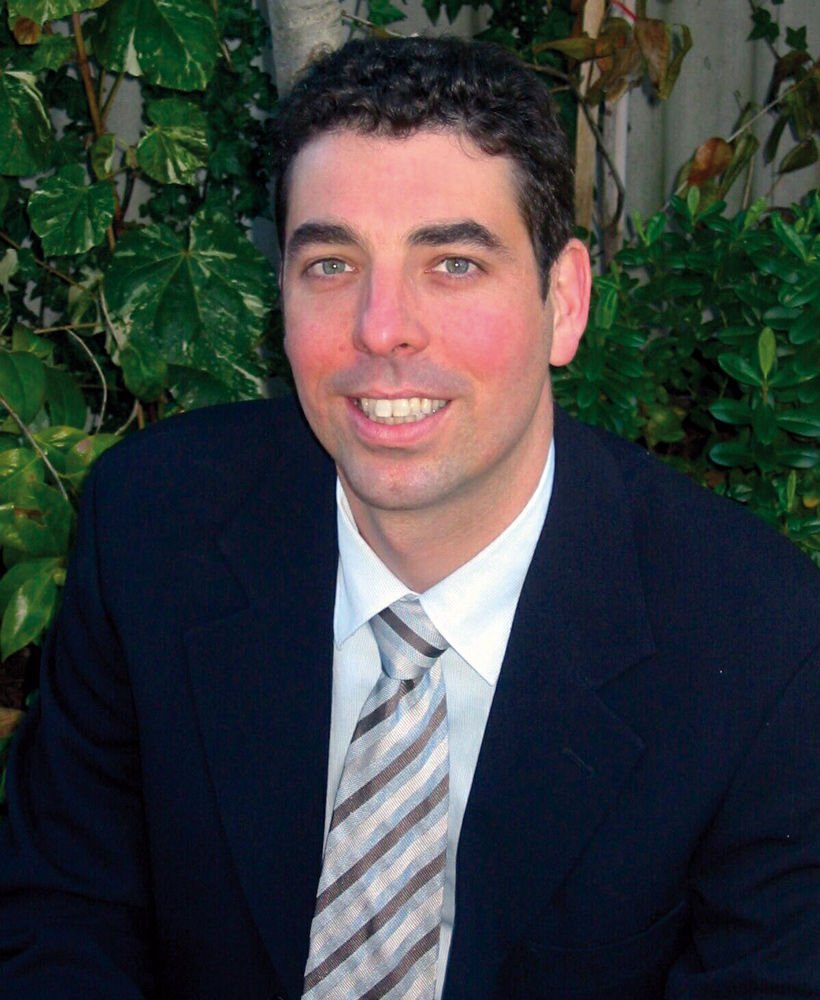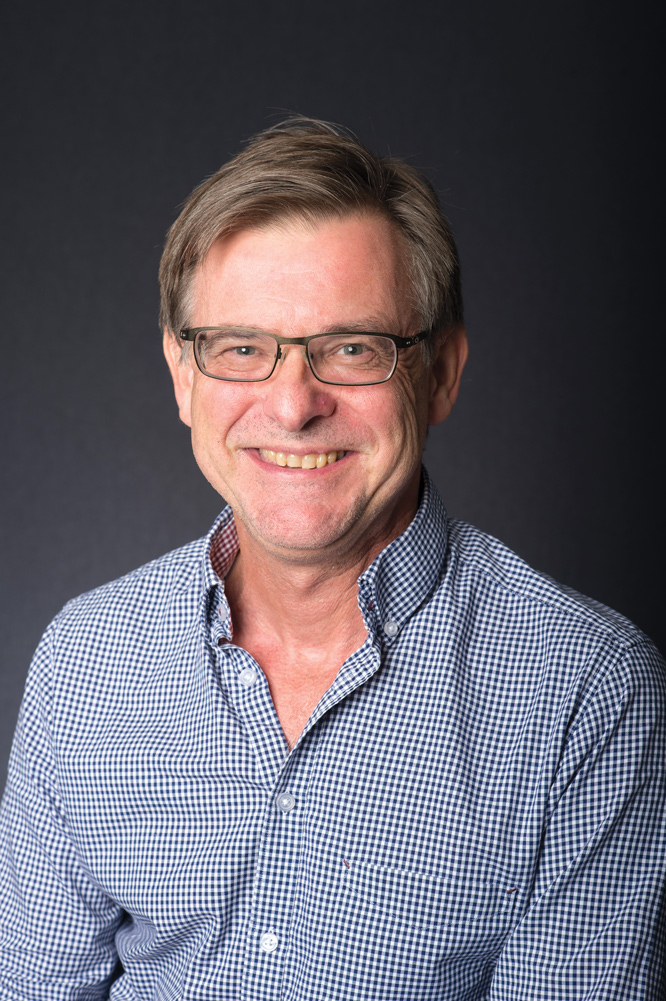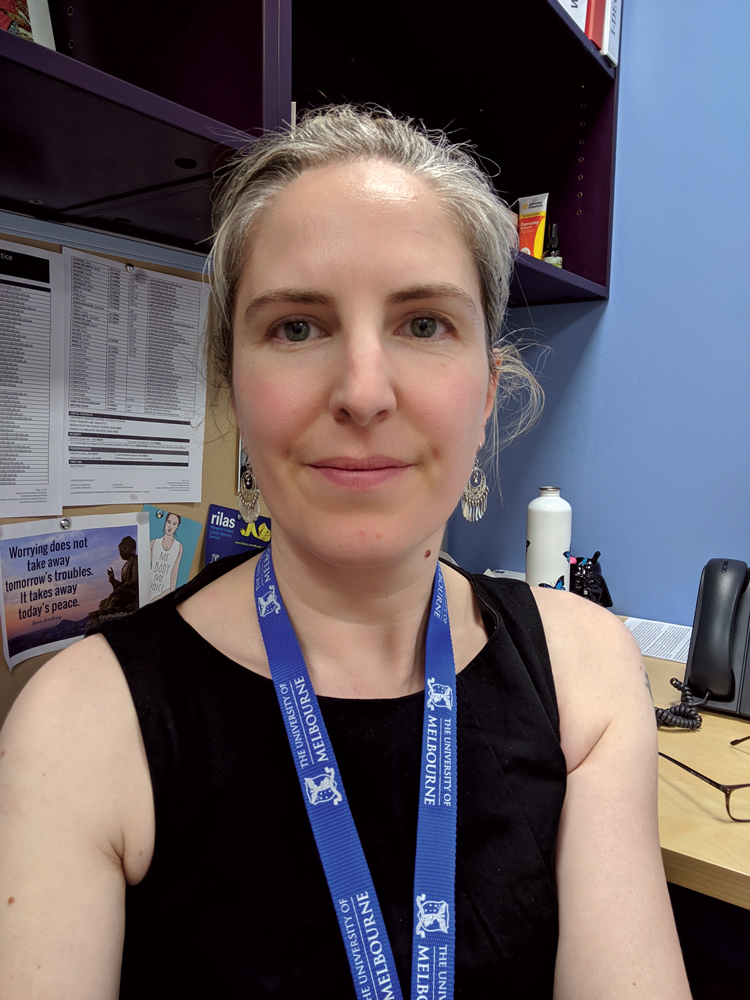 More women coming forward to report sexual violence means GPs can expect to be at the frontline, as Cathy O’Leary explains.
More women coming forward to report sexual violence means GPs can expect to be at the frontline, as Cathy O’Leary explains.
It has been a tumultuous time for women’s mental and physical health in Australia in recent months, triggered by a national conversation about sexual violence.
Running parallel with the daily news stream on COVID-19 has been a narrative about harm to women, where the alleged perpetrator is not a rogue virus but often a family member, teacher or work colleague.
While the catalyst was Australian of the Year Grace Tame, an outspoken advocate for survivors of sexual assault who was groomed and raped by her maths teacher at the age of 15, it has become clear she is no orphan when it comes to sexual violence against women.
Thousands of women marched in cities and towns across the country, donned in black, to demand better protection and justice in the wake of serious allegations that rocked Federal Parliament, including the alleged sexual assault of Liberal staffer Brittany Higgins.
And while Canberra has been at the epicentre of the storm, experts are urging doctors throughout Australia to be aware that this is a time when current or past traumas can surface among their patients.
Symptoms such as depression, insomnia, nightmares and alcohol and drug abuse may turn out to have damaging and sinister origins involving domestic and sexual violence.
More seek help
WA’s Sexual Assault Referral Centre (SARC) has seen an increase in requests from clients seeking access to its services and says this is largely related to the amount of information recently in the media and on social media.
“We frequently see an increase in demand when sexual assault is high profile, and in the news,” a SARC spokesperson told Medical Forum.
“Patients with historic sexual trauma seeking counselling services can be triggered and distressed by the public discourse, but we have also seen an increase in people seeking help with recent sexual assault who need access to our acute service.
“The conversation makes them more likely to speak up and ask for support.”
SARC says health professionals are also putting their hands up to ask for more support when dealing with patients, with recent requests for training and support from the WA Country Health Service.
“We provide a 24/7 telephone consultation service for health professionals seeking advice when seeing a patient with a sexual assault experience,” the spokesperson said. “This service is mostly used by regional WA and WACHS staff, but GPs are also encouraged to access the service. This is especially useful when a patient does not want to attend SARC.”

Dr Sean Stevens, who chairs the WA faculty of the RACGP, said he was expecting an increase in presentations to general practitioners around sexual violence.
“Whenever these issues feature in the media, we see an increase because it brings up old issues and also alerts patients that what they’re experiencing is not acceptable,” he said. “I think that’s a good thing because it provides an opportunity for GPs to help in these situations.
“But there is no textbook for these sorts of things – there are guidelines and general principles, but every patient is an individual and the way you approach it has to use your previous clinical experience and common sense.
“GPs develop a very trusting relationship with long-term patients, and I’ve had occasions when patients disclose something to me that they’ve never disclosed to anyone – not their partner, parents, or best friends, but they feel willing to discuss these sorts of things with their GP.
“It highlights just what a privileged position we have as doctors and what an opportunity we have to affect change.”

Dr Simon Torvaldsen, chair of the AMA WA’s Council of General Practice, said that while recent events had brought sexual violence to the fore, particularly in Canberra, abusive relationships and violence have always been a problem.
“Some cases are straightforward, others are tricky. The horrible thing is that some of the more severe cases – the out and out violence – are in many respects the easiest from a medical sense because we know exactly what to do,” he said.
“If a woman says she was attacked and raped last night, I know the ways to direct her and what needs to be done. But it can be difficult when it’s more nuanced, or there are many shades of grey, and maybe the relationship is not that great but people are not willing to admit it’s abusive. And if you don’t hear the other side of the story, it’s hard to get the full picture.”
GPs at the fore
Dr Torvaldsen said it was important that GPs were always alert to the signals that people gave when all was not well, and that they created an environment that made it comfortable for patients to disclose.
“That’s why the relationship between the patient and the GP is so important, because what one of my patients would disclose to me is something they wouldn’t disclose to a stranger,” he said. “But if they don’t walk through my door, I can never help them. And you have to respond appropriately – the initial step is very important.
“It’s important that doctors, as leaders in the community and to whom people generally look up, call out certain behaviours and attitudes that are unacceptable.
“Every now and then I’ll say to one of my patients “This is bullsh.t … that’s not an acceptable way for you to be treated and let’s call it out for what it is.
“Sometimes these people are made to feel it’s their fault, so if their partner is angry and abusive it’s their fault, and that’s made to seem normal. We need to call it out and say that’s not normal.”
Dr Stevens said dealing with the victims of sexual violence could be gruelling for GPs and the burden of these types of consults fell disproportionately on female GPs.
“Women often feel more comfortable talking about these types of issues to female GPs,”
he said.
“Intimate examinations these days are done overwhelmingly by female GPs, and that is often the time these issues come up. It’s part of what makes a female GP’s job more emotionally draining.”
Dr Stevens said GPs had seen a lot more cases of domestic violence during COVID, particularly around the time of lockdowns – not so much during them, but after.
“And what we know is that the people who come in and talk about sexual abuse and domestic violence are just the tip of the iceberg,” he said. “The vast majority will not talk about it, and will not volunteer it, so the way you broach it is very important and has to be done in very sensitive way.”
Keeping it simple
Associate Professor Laura Tarzia, deputy lead of the Sexual Abuse and Family ViolencE (SAFE) program at the University of Melbourne, says most GPs have the necessary skills to deal with cases of violence against women but lack confidence or assume that some kind of specialised training is required in order to be effective.

“There is certainly a role for specialised support in the context of sexual violence, however, often what is needed is quite simple. An empathetic tone, caring manner, and non-judgmental approach is sometimes all that is required,” she told Medical Forum.
“Some women may just want someone to talk through their feelings with, while others can benefit from practical assistance such as referrals for co-occurring issues such as chronic pain, sexual health issues, and mental health symptoms.”
Women were more likely to disclose experiences of sexual or domestic violence when they felt supported, cared for, understood and not judged.
She said GPs should be proactive when seeing patients whom they suspected might have a history of sexual violence, or who presented with otherwise unexplained mental health symptoms.
“Saying something like: ‘Sometimes difficult experiences in the past can affect how you feel now, and for example, I often see women who have had an unwanted sexual experience in the past that is still affecting them today. Do you think that might be the case for you?’
“It’s important not to be pushy, but rather for the GP to let the patient know that this is an issue they see often, that it is nothing to be ashamed of, and that they are comfortable and safe to speak with if the woman wishes.”
Prof Tarzia said recent events in Federal Parliament might have made it easier for women to come forward to report historical sexual abuse, but it might be more that women were no longer prepared to keep silent about their experiences.
“I think there is a groundswell of rage and frustration, and the media attention on the issue may remind or trigger many women who have had a historical experience and there may be an increase in disclosure and help-seeking because of that,” she said.
Professor Tarzia said she was a little cynical about what would actually change once the momentum died away.
“I would like to hope that at the very least the reporting of recent events has raised more awareness about sexual violence amongst the community,” she said. “But I am concerned that it still plays into the idea of sexual violence/harassment as something that happens in the public arena, whereas statistically women are far more likely to be sexually assaulted by their intimate partners or someone else close to them.
“It’s very important that GPs and others supporting women are aware of that also.”
SARC resources for doctors
How should doctors, particularly GPs, ensure they are as equipped as possible to assist women coming forward for current or historical claims of sexual assault/sexual violence?
Complete the SARC on-line eLearning Package – “Responding to Disclosures of Sexual Assault”.
Attend a session conducted by SARC – we usually speak a couple of times a year at the request of the AMA and the RANZGP. We also speak at the YES Doctor forum and Sexual Health Quarters regularly.
You can also review the content in the WAPHA Health Pathways Program to be familiar with the processes.
If women talk to GPs about historical rather than contemporary events, is it still appropriate for them to be referred to SARC?
SARC offers a therapeutic counselling service for patients with historical sexual assault/sex abuse. In order to facilitate a referral to SARC, the client has to call themselves and participate in a telephone triage call. Be aware that there is a long waitlist for these services, so prepare your patient, and be prepared to write them a mental health care plan, to engage privately with community based services.
What should doctors advise their patients to do if they are currently at risk or in danger of more sexual violence? Is this a matter for police rather than SARC?
Patients with significant risk of ongoing sexual violence need quite a lot of support. They often need assistance to help them identify safety plans and supportive family/friends. Encourage them to talk about their concerns and link them to support agencies so that they can make choices about how to address the risk.
If they are under the age of 18, a mandatory report to child protection services will be required. For under 16s you can consult with the Child Protection Unit at Perth Children’s Hospital and for over 16s you can call SARC to discuss options but be mindful that our services do not provide safety services.
If the risk is from a current or past partner, a referral to domestic violence services may be appropriate. If the risk is imminent, the matter is best managed by the police – the WA Family and Domestic Violence Response Units are a good support and can ensure the patient is linked into other advocacy services, including accommodation and legal services.
Are there training/education courses run by SARC that would be beneficial to GPs on a general level, and are there some that involve detailed information i.e. medical and forensics training?
SARC offers specific training courses on medical examination and forensic specimen collection for country-based doctors and nurses, however in the metropolitan area, it is advisable for GPs not to undertake forensic examination. It is preferable to refer the patient to SARC.
What is the best resource/website for doctors to get information/contact SARC?
https://www.kemh.health.wa.gov.au/our-services/service-directory/sarc
Check out our new publications on the home page – Care Packages for Survivors, and Supporters Guides for Family members. The eLearning Package is also on this site.
For more specific information on dealing with client presentations, guidelines for practice and education and other resources:
https://www.kemh.health.wa.gov.au/Our-services/Service-directory/SARC/For-Professionals

